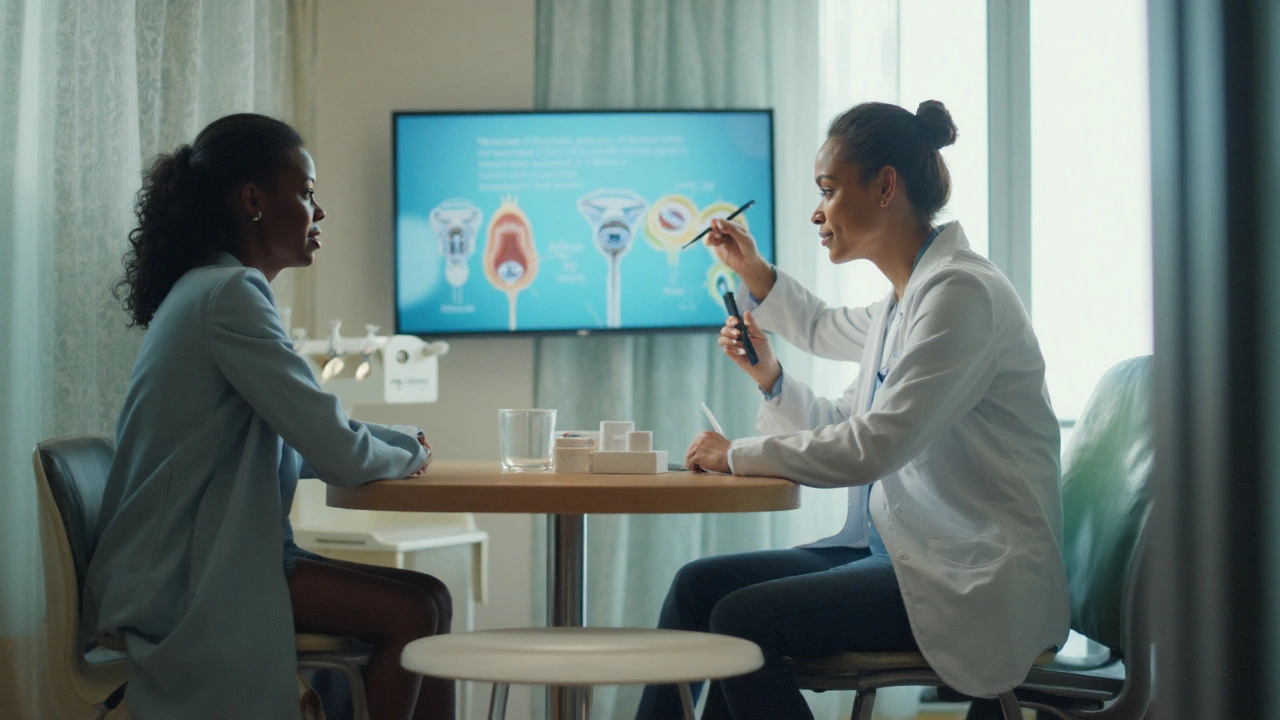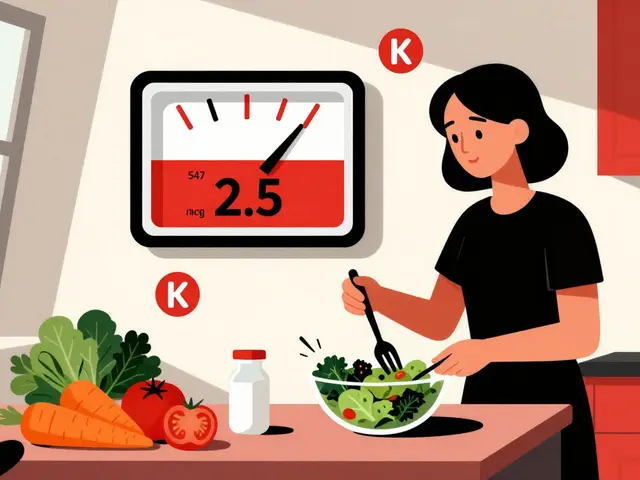Autoimmune Infertility – What You Need to Know
If you’ve been trying to get pregnant and keep hitting a wall, an autoimmune issue might be part of the story. Autoimmune infertility happens when your own immune system attacks parts of your reproductive system, making it harder for eggs or sperm to work properly.
How Autoimmune Diseases Impact Fertility
Conditions like lupus, rheumatoid arthritis, thyroid disorders, and antiphospholipid syndrome are the usual suspects. They can cause inflammation in the ovaries, uterus, or testes, disrupt hormone balance, or create clotting problems that block implantation.
Even milder auto‑immune activity can change how your body handles hormones such as estrogen and progesterone. The result? Irregular cycles, poor egg quality, low sperm count, or repeated miscarriages.
Managing Autoimmune Infertility
The first step is a solid diagnosis. Talk to a reproductive endocrinologist who will likely order blood tests for antibodies (like ANA, anti‑phospholipid), check thyroid levels, and run hormone panels. Imaging studies such as ultrasounds may also be used to spot inflammation.
Once the underlying condition is identified, treatment usually combines two approaches: controlling the autoimmune disease and supporting fertility directly.
- Immune‑modulating meds: Low‑dose steroids, hydroxychloroquine, or biologics can calm the immune response without harming a developing pregnancy.
- Hormone therapy: Progesterone supplements, thyroid hormone replacement, or IVF protocols adjusted for auto‑immune patients improve implantation odds.
- Lifestyle tweaks: A balanced diet rich in omega‑3s, regular low‑impact exercise, stress reduction (yoga, meditation), and good sleep help keep inflammation down.
If clotting is an issue, doctors may prescribe aspirin or heparin during the pre‑conception phase. These steps lower the chance of blood clots that could block a fertilized egg from attaching to the uterus.
Many couples find success with assisted reproductive technology (ART). Clinics now offer “immune‑friendly” IVF cycles that include additional monitoring and tailored medication plans.
Don’t forget emotional support. Dealing with infertility is stressful, and chronic illness adds another layer. Joining a support group or seeing a counselor can keep you grounded while you work through treatment options.
Bottom line: Autoimmune infertility is treatable. By pinpointing the exact immune issue, using targeted medication, and making healthy lifestyle choices, most people improve their chances of conceiving. Talk to your doctor about testing for auto‑immune markers if standard fertility checks come back normal – it could be the missing piece you’ve been looking for.
Ready to take the next step? Start with a blood panel, discuss your results with a specialist, and explore both medical and lifestyle strategies that fit your life. Your path to parenthood may just need a few tweaks to calm an overactive immune system.





